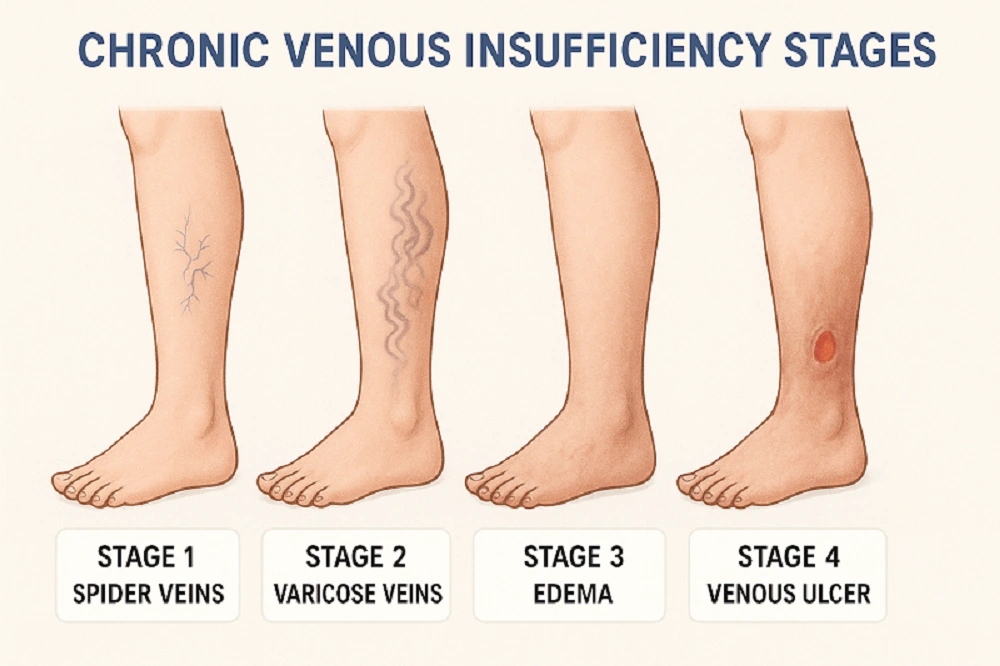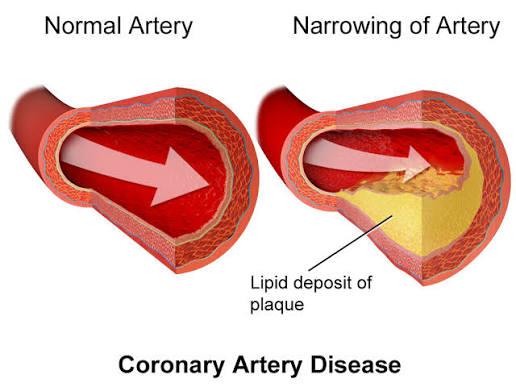
Concept of Rights of Individuals
The rights of individuals refer to the fundamental entitlements and freedoms that every person possesses simply by being human. These rights are designed to ensure dignity, equality, and respect for all individuals, regardless of their background, nationality, or status. They encompass a wide range of areas including civil, political, economic, social, and cultural rights. The concept is rooted in the belief that all individuals should have the ability to live freely and pursue their own interests without oppression or discrimination.
Key characteristics of individual rights include:
- Universality: Rights apply to all people without exception.
- Inalienability: Rights cannot be taken away or given up.
- Indivisibility: All rights are equally important and interdependent.
- Equality: Everyone has equal access to these rights.
Relationship Between Rights, Duties, and Responsibilities
The relationship between rights, duties, and responsibilities is intrinsic and interdependent:
- Rights: These are entitlements that individuals have which allow them to act in certain ways or receive certain benefits. For example, the right to free speech allows individuals to express their opinions.
- Duties: These are obligations that individuals owe to others or society at large. For instance, while one has the right to free speech, there is a duty not to use that right to incite violence or hatred against others.
- Responsibilities: These often arise from the exercise of rights and can include ethical considerations about how one’s actions affect others. For example, exercising the right to protest comes with the responsibility to do so peacefully and respectfully.
In summary, while individuals possess rights that empower them in society, they also have corresponding duties towards others which ensure that these rights do not infringe upon the rights of other individuals.
International Declarations of Human Rights
International declarations of human rights serve as foundational documents outlining the basic standards for human dignity and freedom globally. The most significant among these is the Universal Declaration of Human Rights (UDHR), adopted by the United Nations General Assembly in 1948. Key points include:
- Universal Declaration of Human Rights (UDHR):
- Comprises 30 articles detailing various civil, political, economic, social, and cultural rights.
- Establishes principles such as equality before the law (Article 7), freedom from torture (Article 5), and the right to education (Article 26).
- International Covenant on Civil and Political Rights (ICCPR):
- Adopted in 1966; it elaborates on civil and political rights outlined in the UDHR.
- Includes provisions for freedom of expression (Article 19) and protection against arbitrary arrest (Article 9).
- International Covenant on Economic, Social and Cultural Rights (ICESCR):
- Also adopted in 1966; it focuses on economic rights such as the right to work (Article 6) and an adequate standard of living (Article 11).
These declarations collectively aim to promote respect for human dignity across nations.
Declaration of Rights of the Patient Developed by World Medical Association
The Declaration of Rights of Patients was developed by the World Medical Association (WMA) as a framework intended to protect patients’ dignity within healthcare systems worldwide. Key elements include:
- Right to Respect: Patients should be treated with dignity regardless of their background or health status.
- Right to Information: Patients have a right to receive clear information about their health conditions and treatment options.
- Right to Consent: Informed consent must be obtained before any medical intervention; patients should understand what they are consenting to.
- Right to Privacy: Patients’ personal health information must be kept confidential unless consent is given otherwise.
- Right to Quality Care: Patients are entitled to receive care that meets professional standards.
- Right to Participate: Patients should be involved in decisions regarding their own healthcare plans.
This declaration emphasizes ethical medical practice while ensuring patient autonomy is respected within healthcare settings.







